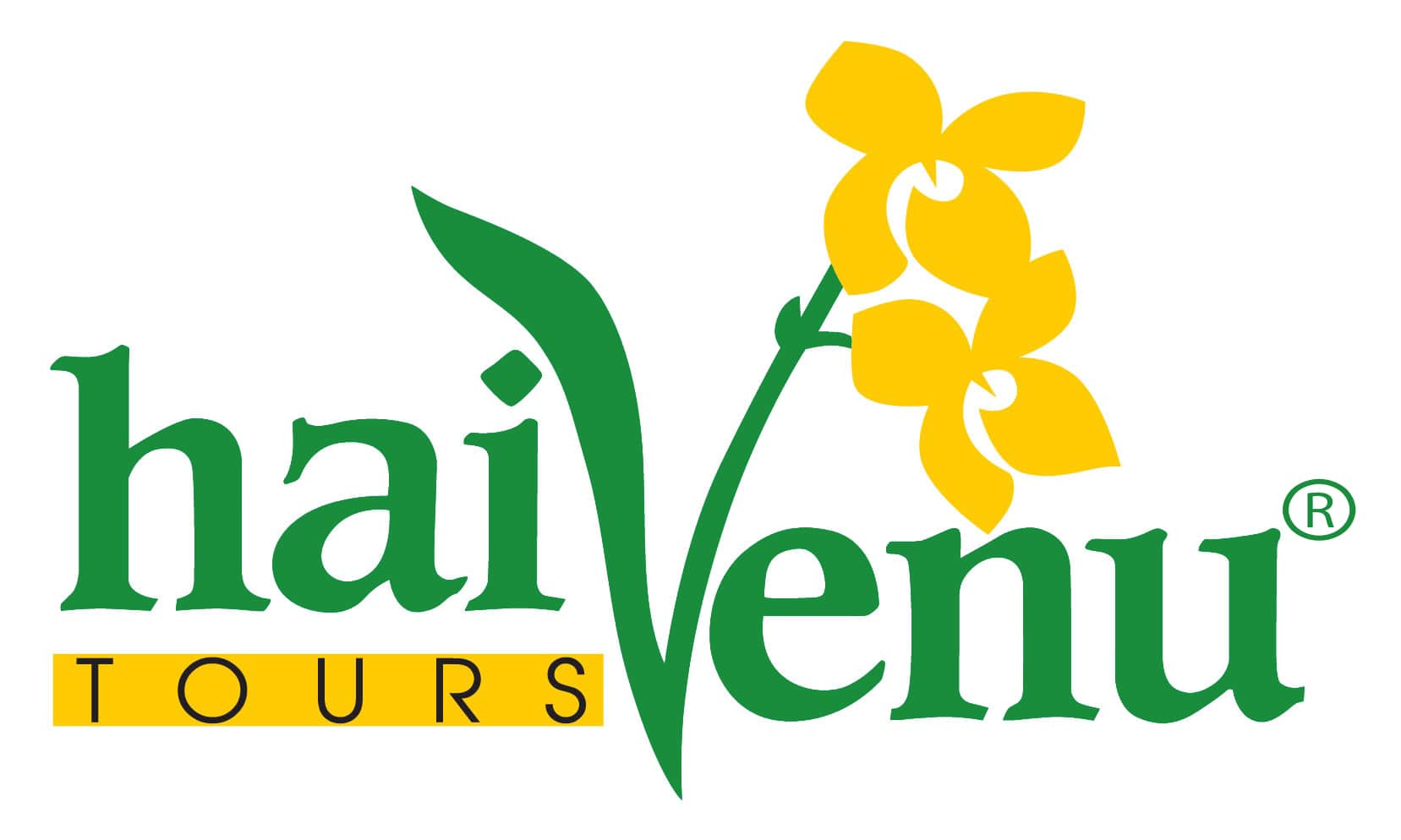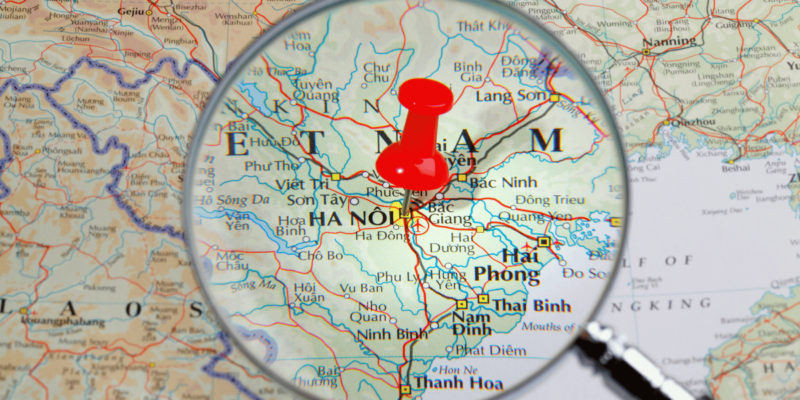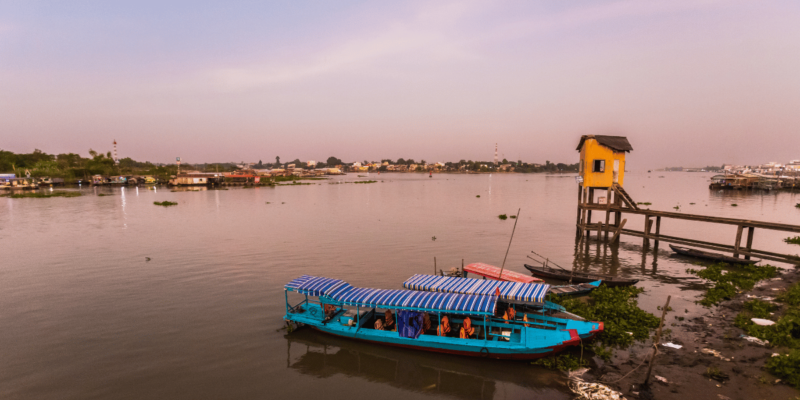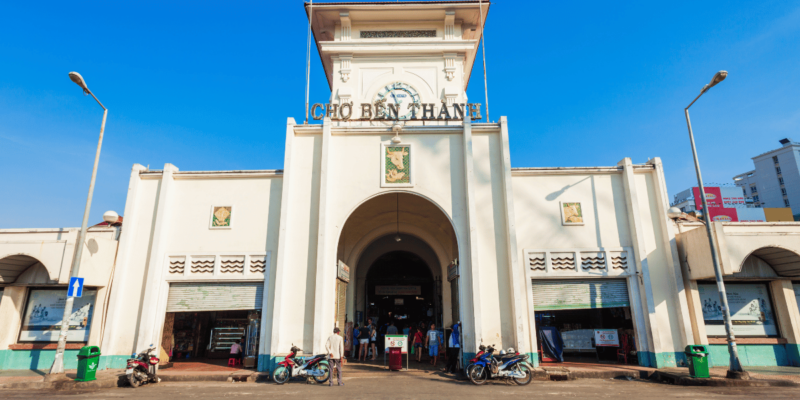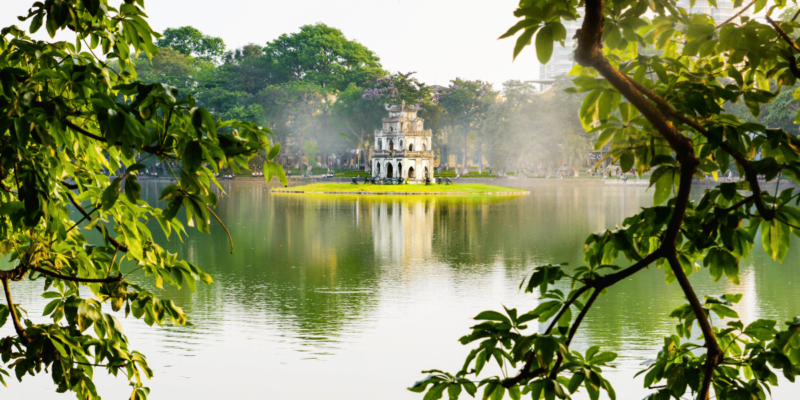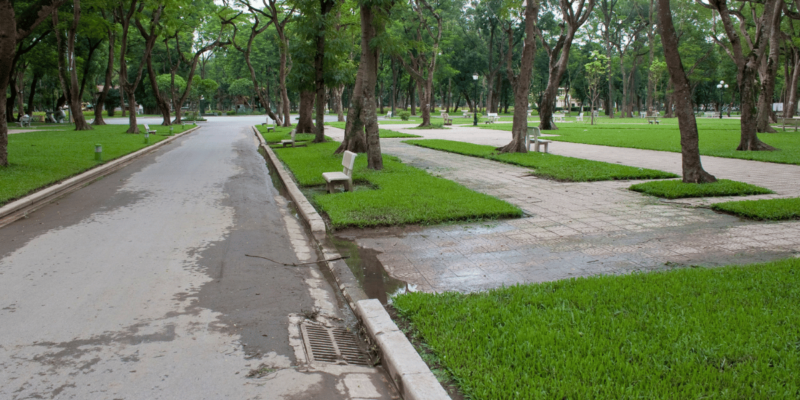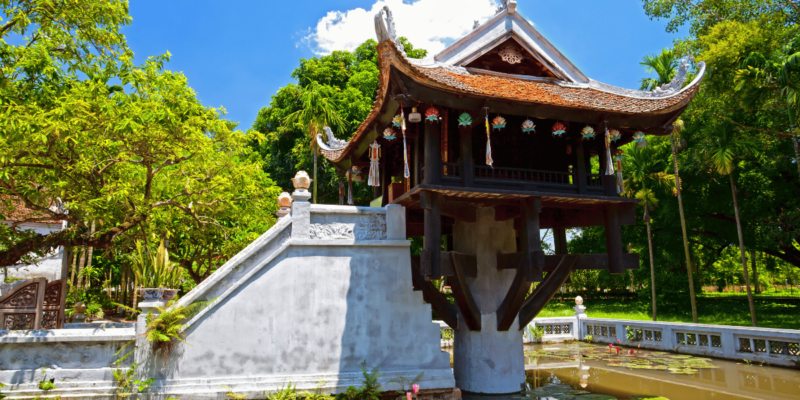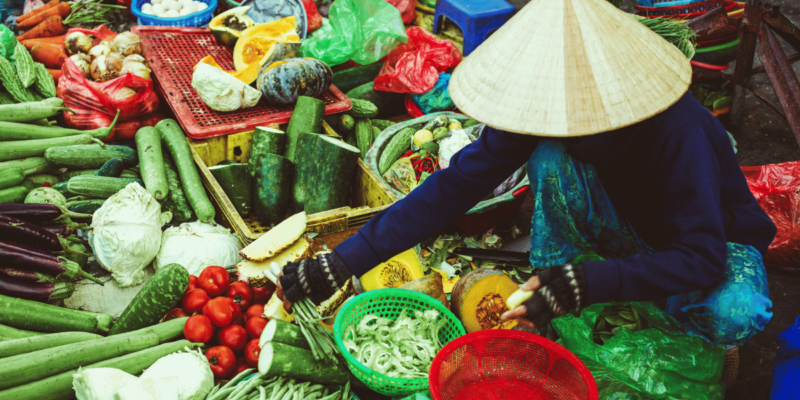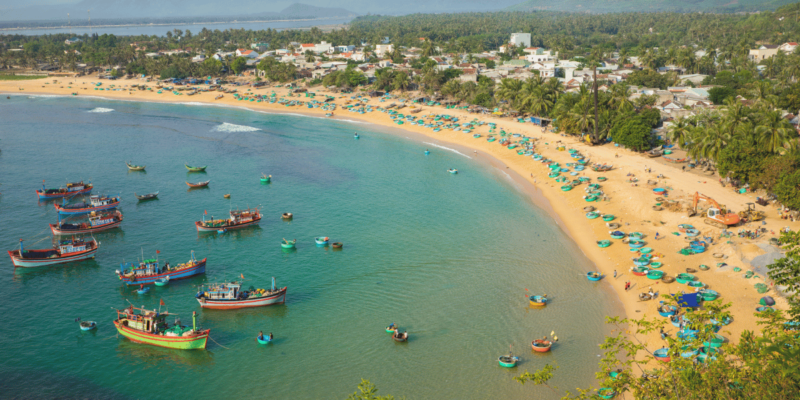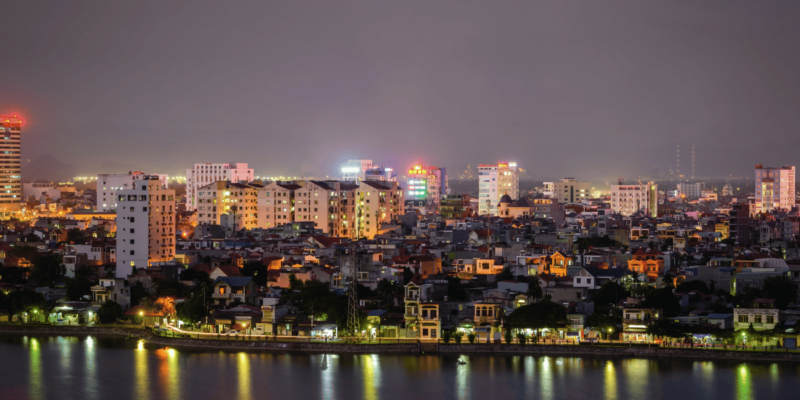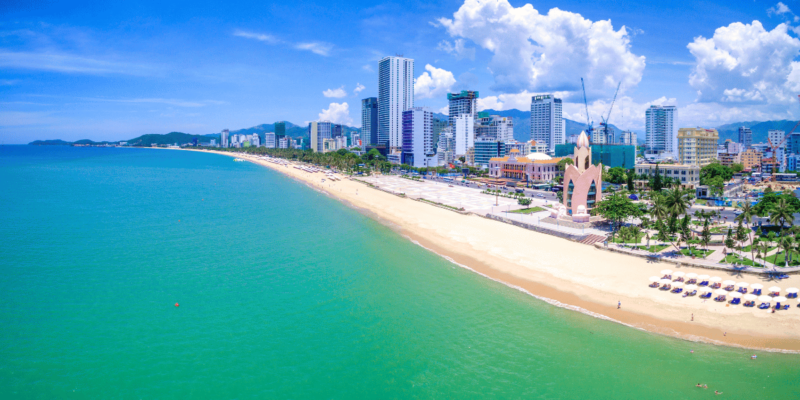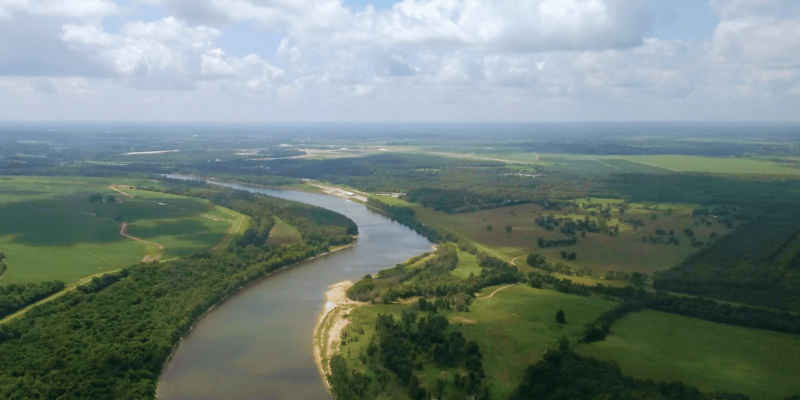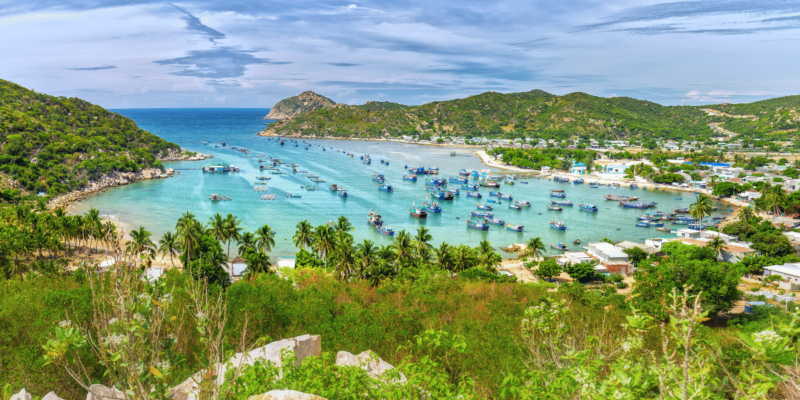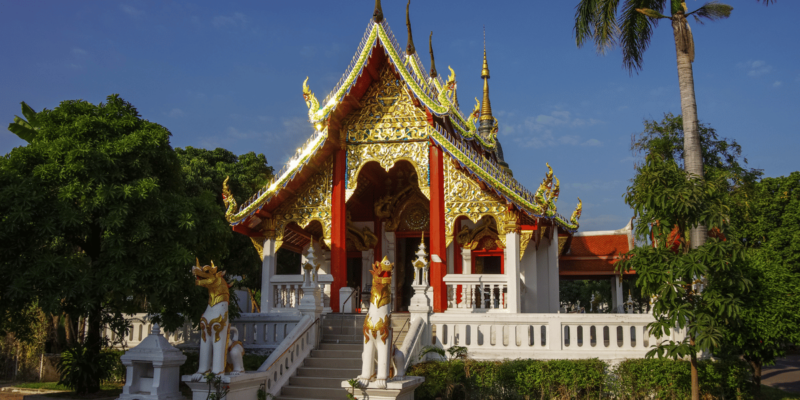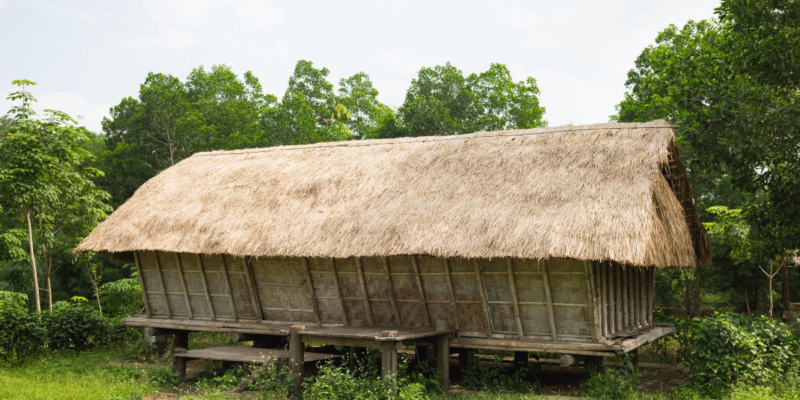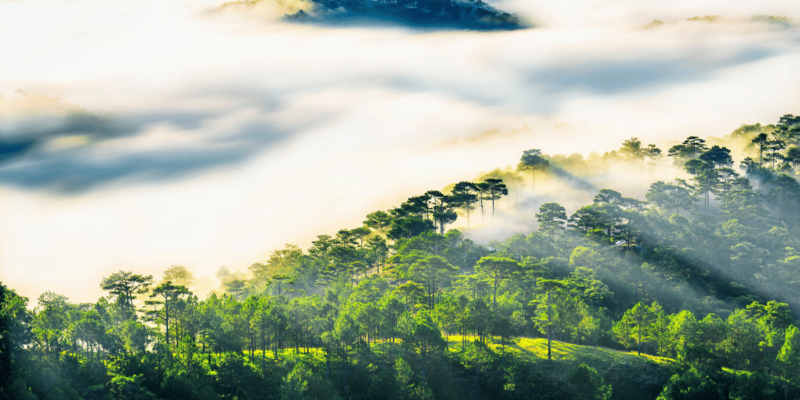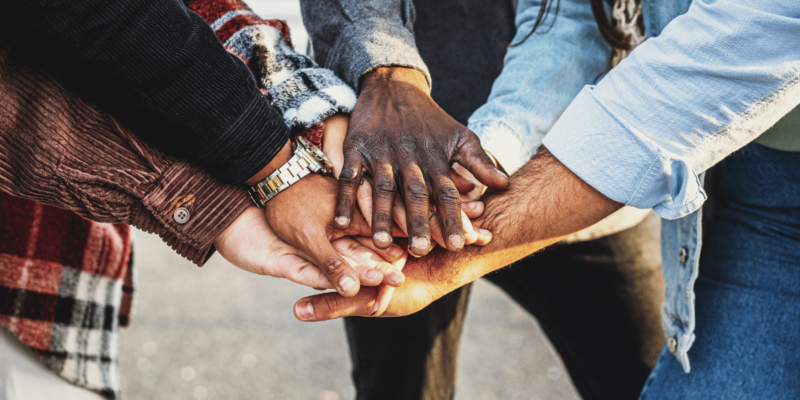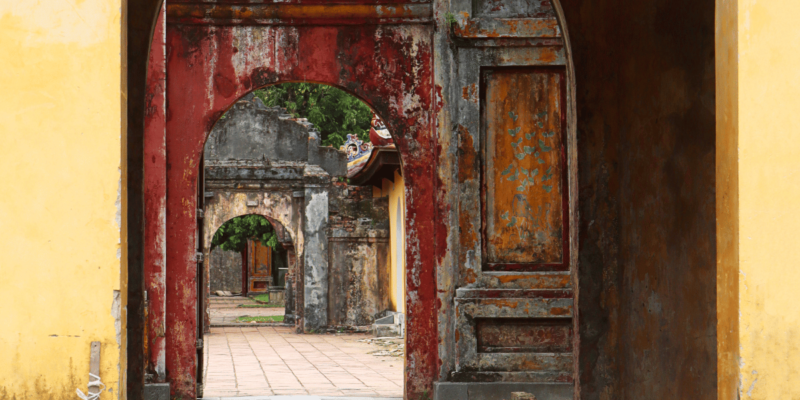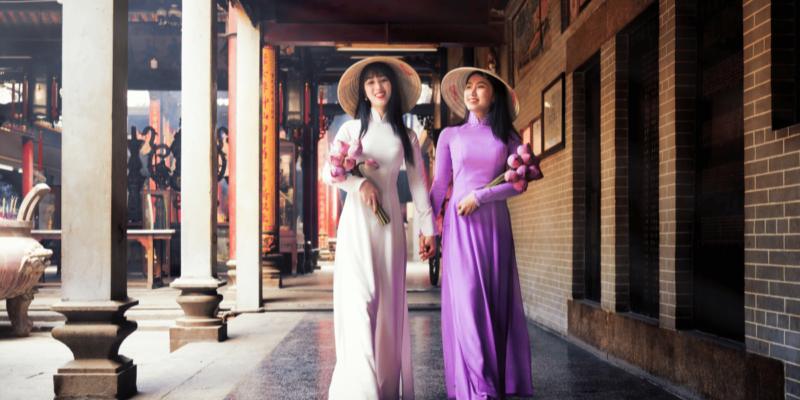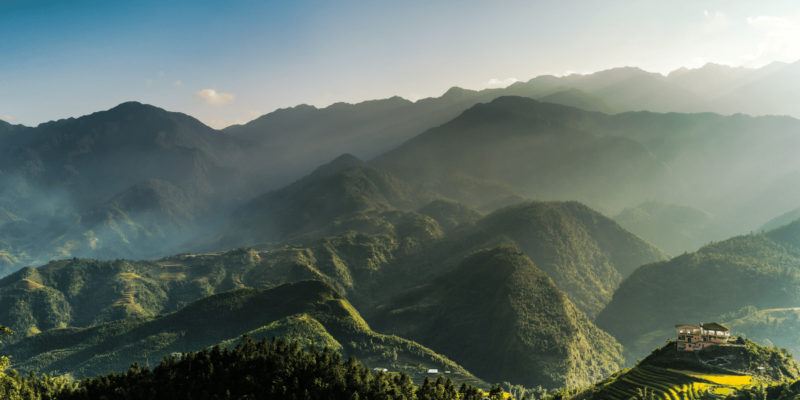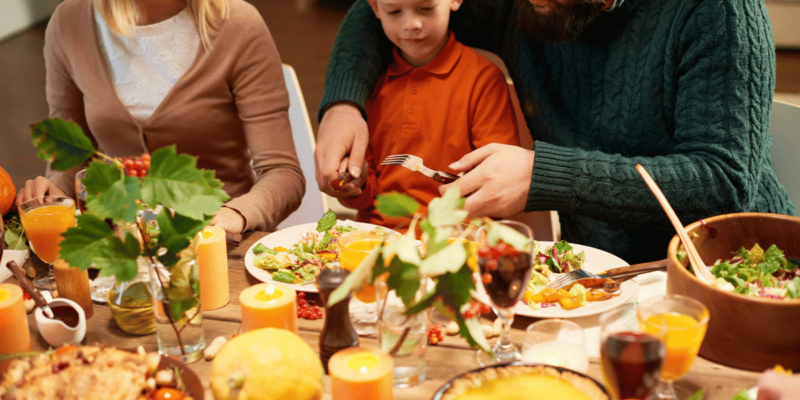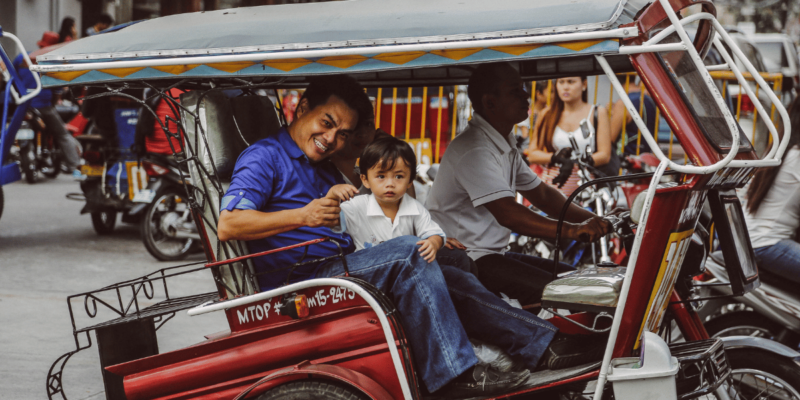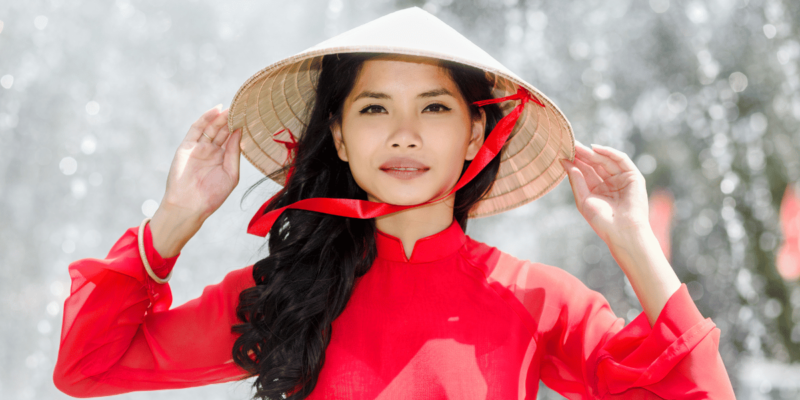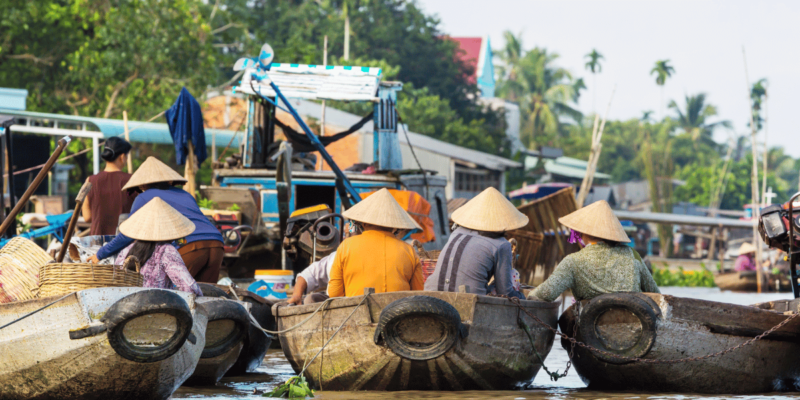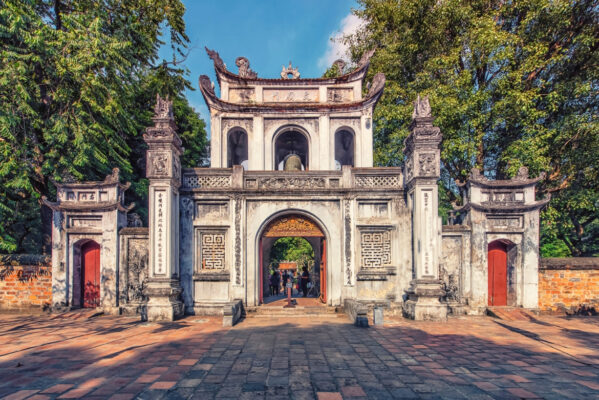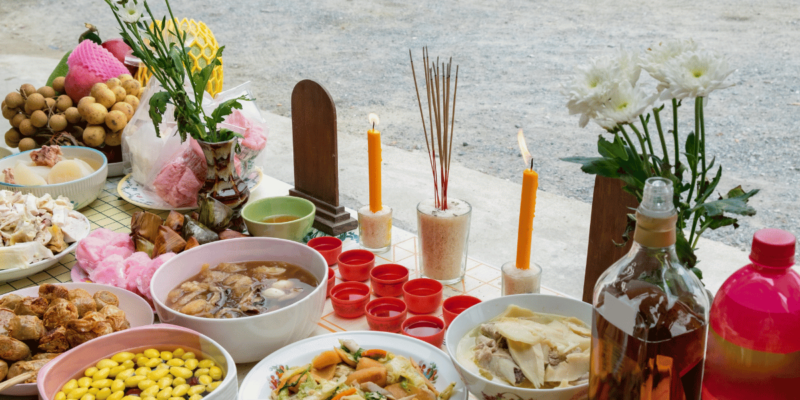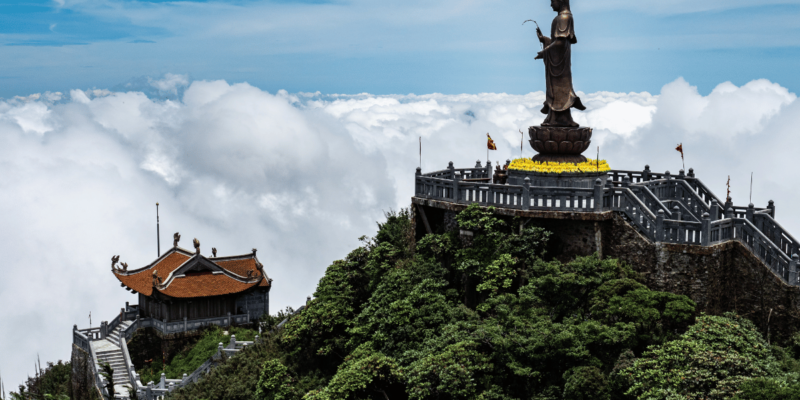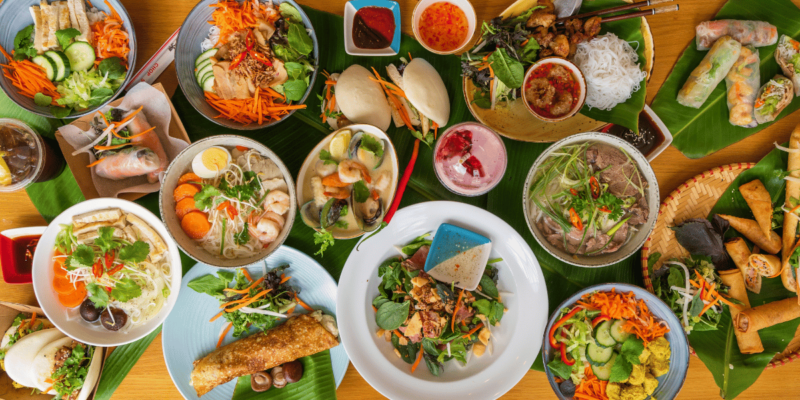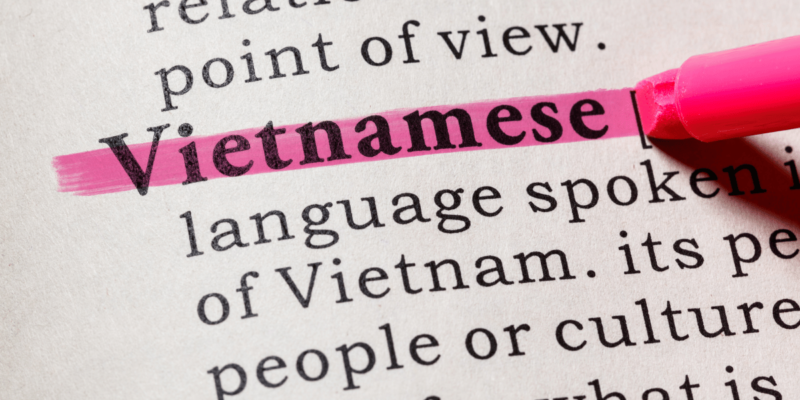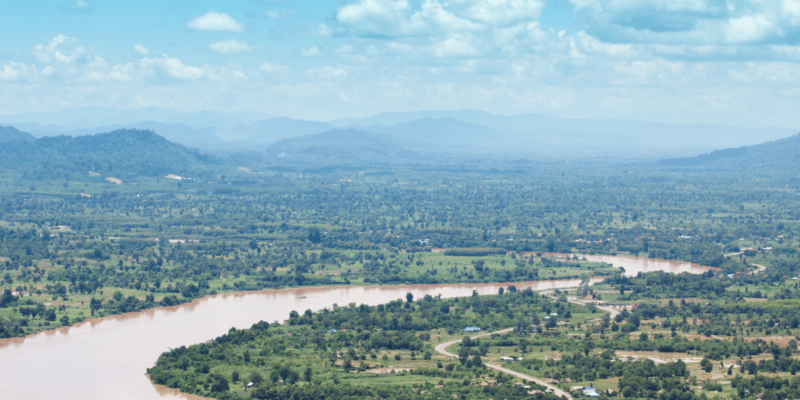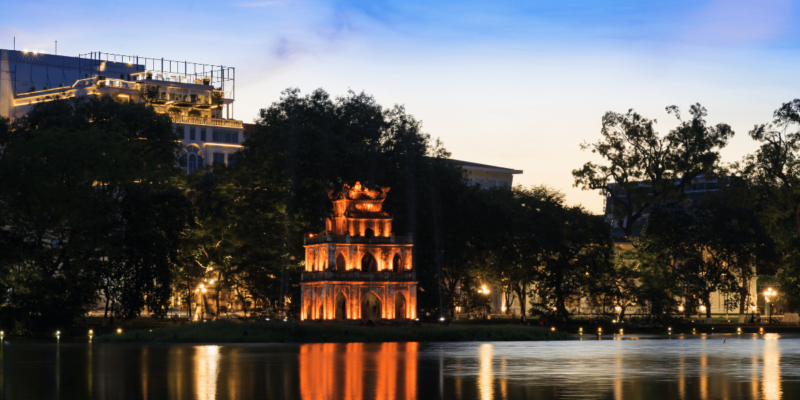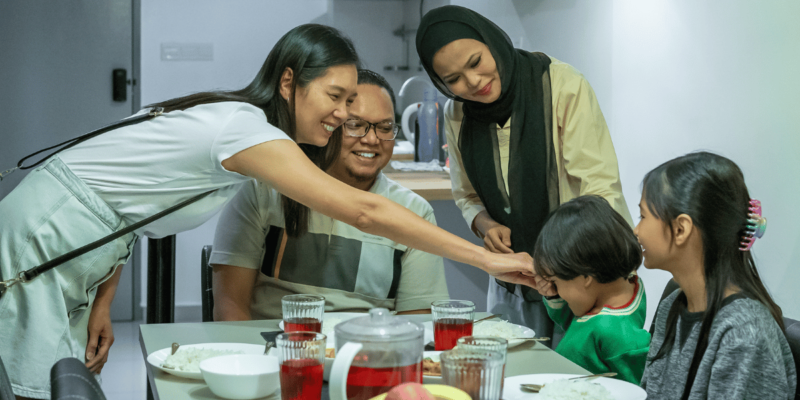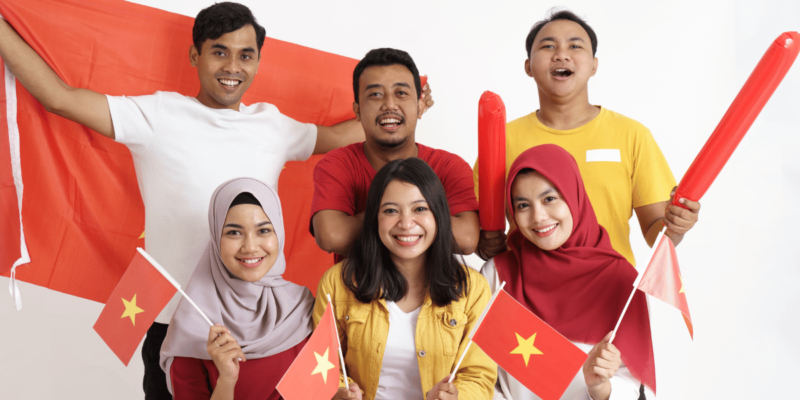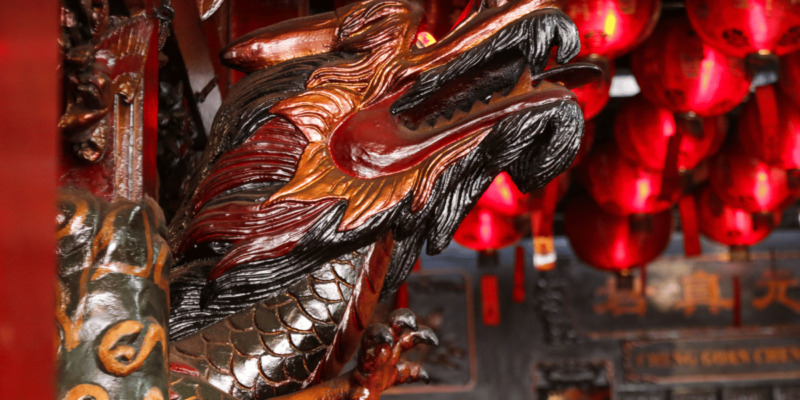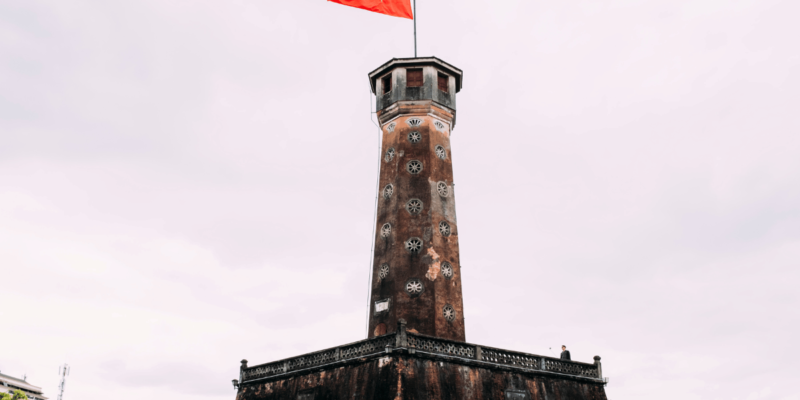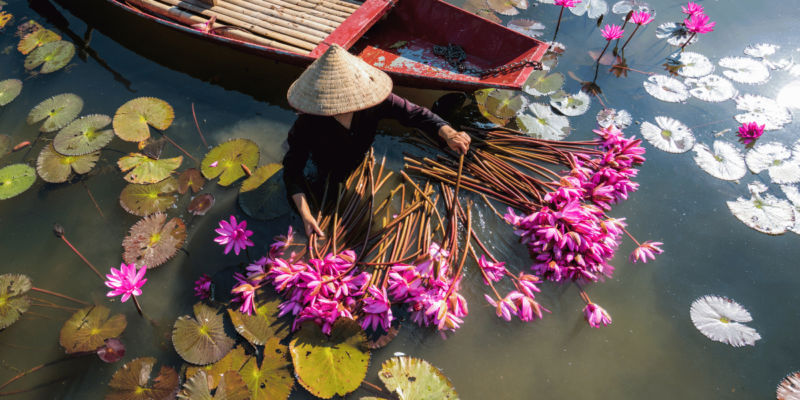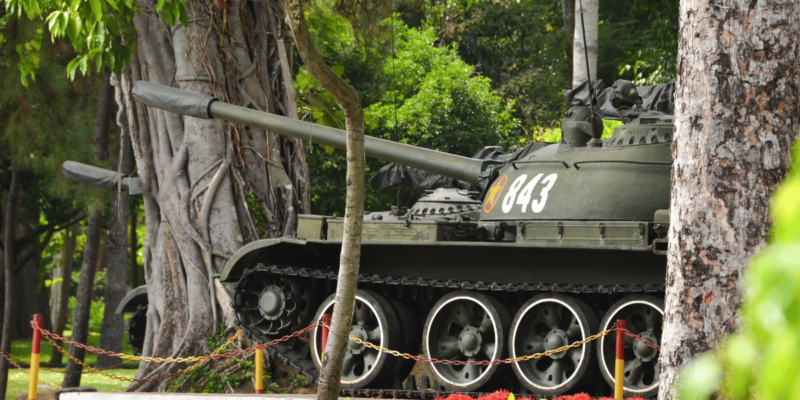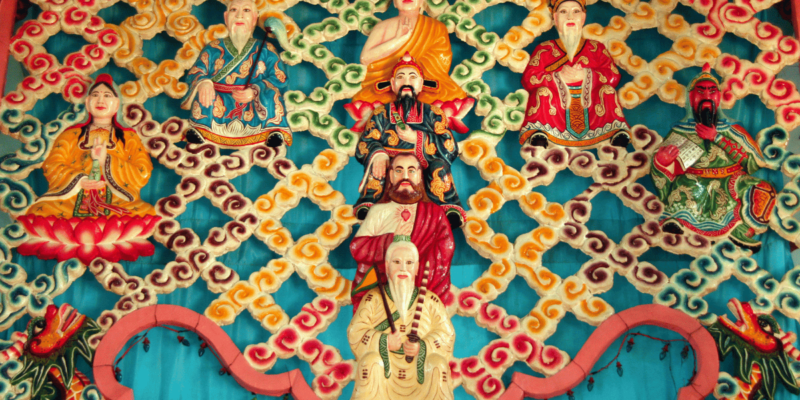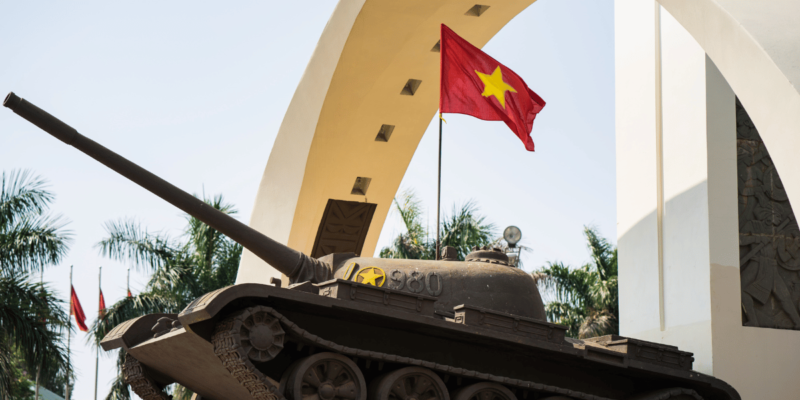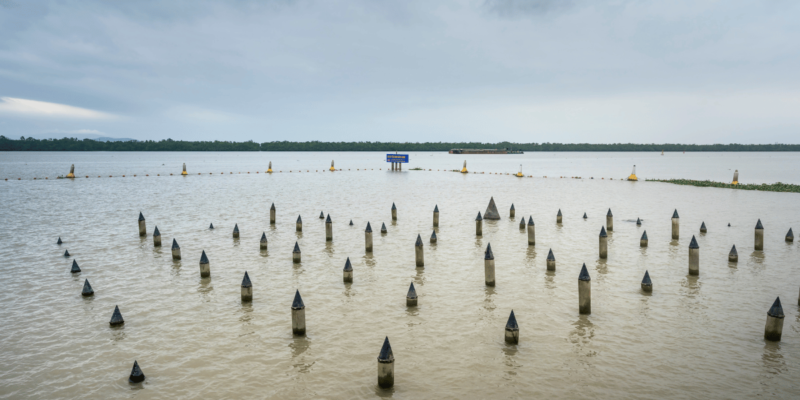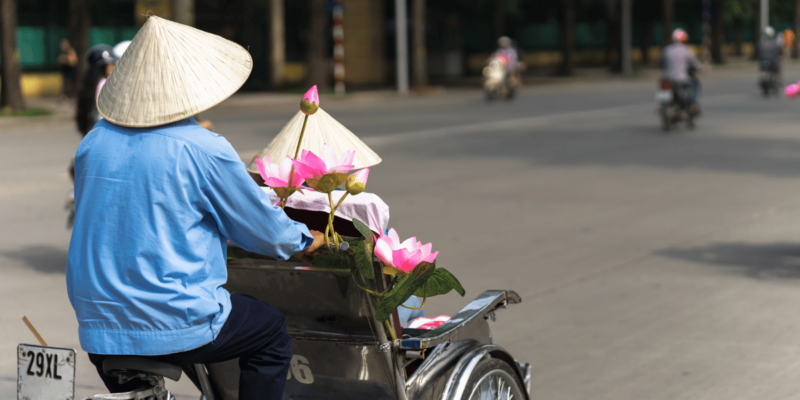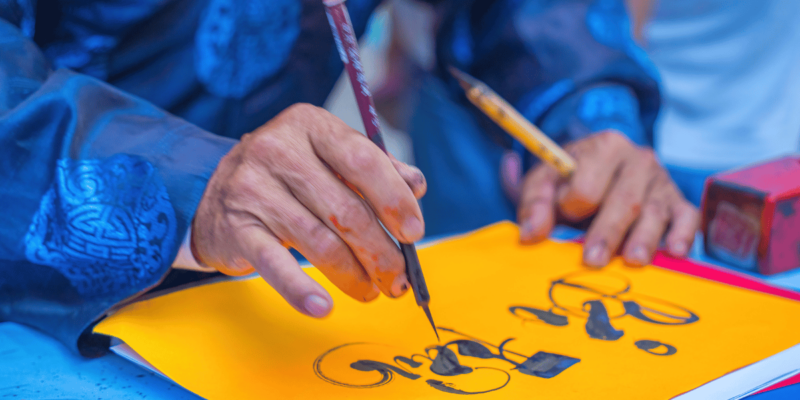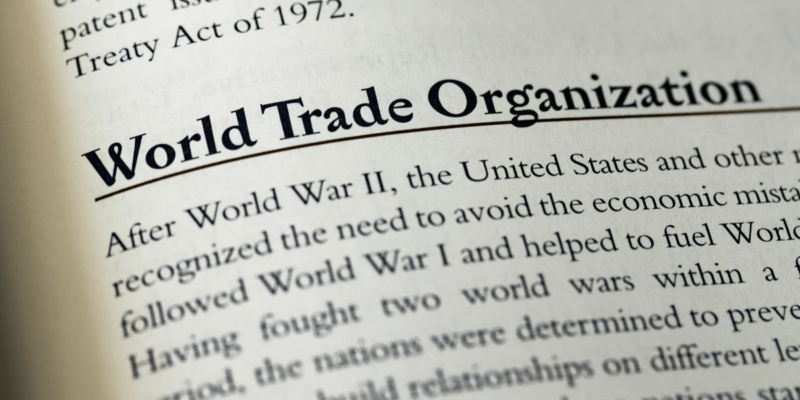Festivals of Vietnam: A Vibrant Tapestry of Culture and Tradition
Vietnam’s festivals weave a vibrant and intricate tapestry of tradition and cultural heritage, offering a window into the nation’s rich history and diverse communities. Rooted deeply in its historical significance, these celebrations span the lunar calendar, ensuring a continuous cycle of festivities throughout the year. Each festival, whether it be a national holiday or a local village event, reflects the unique customs and traditions of Vietnam’s 54 ethnic groups, showcasing the country’s remarkable cultural diversity.
For travelers, experiencing cultural festivals in Vietnam is an unparalleled opportunity to not only witness the country’s colorful traditions but also immerse themselves in the everyday life of its people. From the bustling streets of Hanoi during Tet to the serene rituals in remote villages, Vietnam’s festivals bridge the gap between the past and present, offering an authentic glimpse into its soul.
The dynamic nature of these celebrations, ranging from grand urban parades to intimate rural ceremonies, makes Vietnam a must-visit destination for those seeking cultural holidays. Whether participating in traditional crafts, enjoying local delicacies, or marveling at ancient rituals, visitors are sure to leave with unforgettable memories and a deeper appreciation for Vietnam’s enduring traditions and communal spirit.
Local Celebrations: A Glimpse into Vietnam’s Cultural Heart
Village and Community Festivals
In the rural landscapes of Vietnam, community festivals serve as the lifeblood of tradition, connecting people through shared histories and cultural pride. These festivals often revolve around paying homage to historical figures, deities, or natural spirits, with celebrations centered around the village communal house (đình làng)—the cultural hub of the community.
The vibrant festivities include a range of activities:
- Boat races, symbolizing strength and teamwork.
- Tug-of-war competitions, reflecting unity and resilience.
- Mock battles, reenacting significant historical events or myths.
Accompanying these lively activities are communal feasts, traditional dances, and joyous music, creating an electric atmosphere where tradition and camaraderie come alive.
- Example: The Dong Da Festival in Hanoi commemorates Emperor Quang Trung’s historic victory. Through reenactments and parades, this festival not only showcases cultural pride but also reminds participants of Vietnam’s enduring spirit of resistance.
- Significance: These local festivals are vital in strengthening communal bonds while preserving the unique cultural traditions of Vietnam, ensuring they are passed down through generations.
Festivals of Ethnic Minorities
Within Vietnam’s 54 ethnic groups, festivals hold a profound cultural significance, often deeply intertwined with the agricultural calendar. These events are expressions of gratitude toward nature, celebrating harvests and invoking blessings for prosperity.
- Rituals and Practices:
- The Cau Mua (Rain Prayer Festival) of the Thai people involves offerings and ceremonies to invite rain for crops.
- The Gầu Tào Festival of the H’mong is a vibrant celebration of life, featuring rituals, games, and dances to honor their connection with nature.
- Recognition: Once dismissed as superstition, these festivals are now celebrated for their cultural and historical value, drawing interest from both domestic and international tourists.
- Visitor Experience: Travelers can immerse themselves in:
- Traditional dances, where every movement tells a story of the community’s heritage.
- Handicrafts, showcasing the artisanal skills passed down through generations.
- The hospitality of ethnic communities, offering visitors a chance to learn and connect on a personal level.
Why These Celebrations Matter
Both village festivals and ethnic minority traditions reflect Vietnam’s rich cultural diversity and deep-rooted connections to history and nature. They offer a unique opportunity for visitors to:
- Witness authentic Vietnamese traditions.
- Engage in immersive cultural experiences.
- Appreciate the unity and resilience of Vietnam’s communities.
Whether navigating the energetic festivities of a bustling village or partaking in the serene rituals of an ethnic community, these local celebrations are a cornerstone of Vietnam’s cultural holidays.
National Festivals: Celebrating Vietnam’s Spirit and Heritage
Commemoration of the Trung Sisters
Every August, Vietnam pays tribute to the legendary Trung Sisters, two heroic figures who led a rebellion against Chinese domination in 40 A.D. Their courage and determination symbolize Vietnamese resilience and patriotism, making this festival a significant event in the country’s cultural calendar.
- Activities and Highlights:
- Parades showcasing reenactments of their historic battles.
- Martial arts performances symbolizing strength and independence.
- Traditional music and dance, celebrating the sisters’ enduring legacy.
- Key Attractions:
- Statues of the Trung Sisters in Hanoi, often surrounded by floral tributes.
- Local ceremonies in Hai Ba Trung District, where the sisters are most revered.
This festival is a profound reminder of Vietnam’s spirit of resistance and offers visitors a chance to connect with its history through vibrant cultural displays.
Trung Nguyen (Wandering Souls Day)
Observed in August, Trung Nguyen, or Wandering Souls Day, is one of Vietnam’s most spiritual festivals. It is believed that on this day, the souls of deceased ancestors return to visit their living relatives, creating a time of reflection and reverence.
- Activities:
- Families prepare offerings of food, flowers, and incense to honor their ancestors.
- Visits to pagodas and temples to pray for peace and blessings for departed souls.
- Traditional rituals, including burning paper money and symbolic gifts, to ensure the spirits are well cared for in the afterlife.
The festival’s solemn yet heartfelt atmosphere provides a glimpse into Vietnamese spiritual practices, emphasizing the importance of family ties and respect for ancestors.
Mid-Autumn Festival (Trung Thu)
Celebrated in September, the Mid-Autumn Festival is one of Vietnam’s most joyous and colorful celebrations, particularly cherished by children. Rooted in both agricultural traditions and folklore, this festival revolves around themes of reunion and harmony.
- Activities:
- Lantern parades: Children carry vibrant lanterns of various shapes, such as stars and animals, symbolizing hope and light.
- Moon cakes: Round cakes filled with sweet bean paste or salted egg yolk represent family unity and fullness.
- Highlights:
- Lantern-making workshops in Hoi An, where visitors can craft their own traditional lanterns.
- Lion dance performances, where skilled dancers bring energy and excitement to the streets.
The festival is a wonderful blend of cultural heritage and family-centric activities, making it a must-see for travelers looking to experience Vietnam’s cultural holidays.
Why National Festivals Matter
Vietnam’s national festivals offer profound insights into its history, spirituality, and familial values. From honoring heroic figures like the Trung Sisters to celebrating the spiritual bond between the living and the deceased during Trung Nguyen, these festivals highlight the deep-rooted traditions that define the Vietnamese identity. The lively atmosphere of the Mid-Autumn Festival, with its lanterns and sweet treats, adds a touch of joy and nostalgia, making it a perfect celebration for all ages.
For visitors, participating in these national celebrations offers an opportunity to immerse themselves in Vietnam’s rich cultural heritage, creating memories that last a lifetime.
Tet – The Pinnacle of Festivities
Tet, or Vietnamese Lunar New Year, is the most significant celebration in Vietnam, symbolizing renewal, family unity, and cultural traditions. This grand festival, steeped in both spiritual and historical significance, marks the beginning of the lunar calendar year and serves as a cornerstone of Vietnamese culture. For locals and visitors alike, Tet offers a profound insight into the heart and soul of Vietnam.
Pre-Tet Preparations
The days leading up to Tet are marked by bustling activity and meticulous preparations that reflect the importance of this festival in Vietnamese society.
- Vibrant Markets and Festive Foods:
Markets across Vietnam come alive with colorful displays of traditional Tet foods like banh chung (square sticky rice cake) and mut (candied fruits), essential staples for family feasts and offerings. These markets are a sensory feast, buzzing with the energy of families stocking up for the new year. - Decorations and Symbolism:
Homes are adorned with kumquat trees, peach blossoms, and red banners, symbolizing prosperity, good luck, and happiness. These decorations not only beautify homes but also set the tone for a joyful and auspicious new year. - The Kitchen God Ritual:
A week before Tet, families perform the Tao Quan ritual, releasing live carp into rivers and lakes. This ancient practice symbolizes the Kitchen God’s journey to the heavens to report on the household’s activities, ensuring blessings for the year ahead.
Tet Celebrations
The Tet celebration itself unfolds over several days, blending public festivities with private family traditions.
- Tet Eve:
The streets come alive with dragon dances, vibrant music, and fireworks displays, creating a joyous and energetic atmosphere. At the stroke of midnight, families light incense and make offerings to welcome the new year, a moment filled with hope and renewal. - Days of Tet:
The first day of Tet is reserved for family, with traditions deeply rooted in Vietnamese customs:- Welcoming the First Visitor: Families carefully select the first guest to enter their home, believing that this person’s luck and energy will influence the household’s fortune for the year.
- Intimate Gatherings: Families share meals featuring traditional dishes, exchange li xi (red envelopes) filled with money, and engage in storytelling and prayers.
The Cultural and Spiritual Significance of Tet
Tet is not merely a holiday—it’s a time of reflection and renewal, where people reconnect with their families, ancestors, and community. It is also a period for forgiveness and fresh starts, as debts are cleared, grievances are resolved, and homes are cleansed.
For visitors, experiencing Tet offers a unique perspective on Vietnam’s rich cultural heritage. From the festive markets to intimate family rituals, Tet showcases the enduring traditions that have shaped the nation’s identity.
Why Tet is a Must-Experience for Travelers
Despite its intimate nature, Tet provides travelers with opportunities to engage in Vietnamese customs:
- Visiting Tet Markets: Witness the vibrant preparations and sample traditional delicacies.
- Participating in Public Festivities: Enjoy dragon dances, firework displays, and street celebrations.
- Learning about Ancestral Worship: Gain insight into spiritual practices and the deep reverence for family ties in Vietnamese culture.
Conclusion
Vietnam’s festivals are a living testament to the country’s rich cultural identity, blending ancient traditions with modern charm. For travelers, these celebrations provide a profound glimpse into Vietnam’s heritage, from the grand spectacle of Tet to the intimate rituals of village festivals. By experiencing Vietnam’s festivals, visitors not only immerse themselves in its vibrant culture but also contribute to the preservation of these timeless traditions. Whether you’re a history enthusiast, a cultural explorer, or a casual traveler, Vietnam’s festivals promise unforgettable memories.
